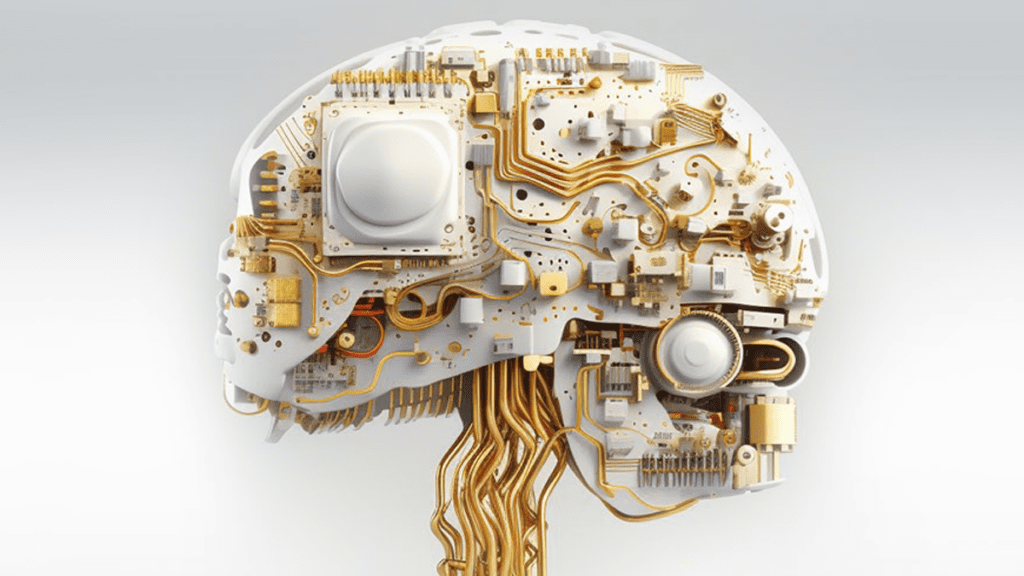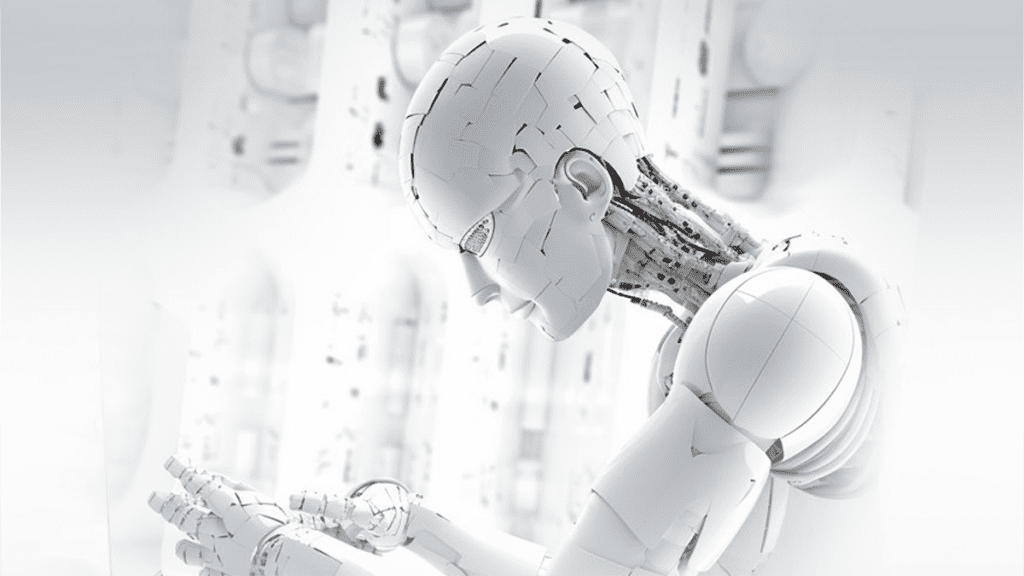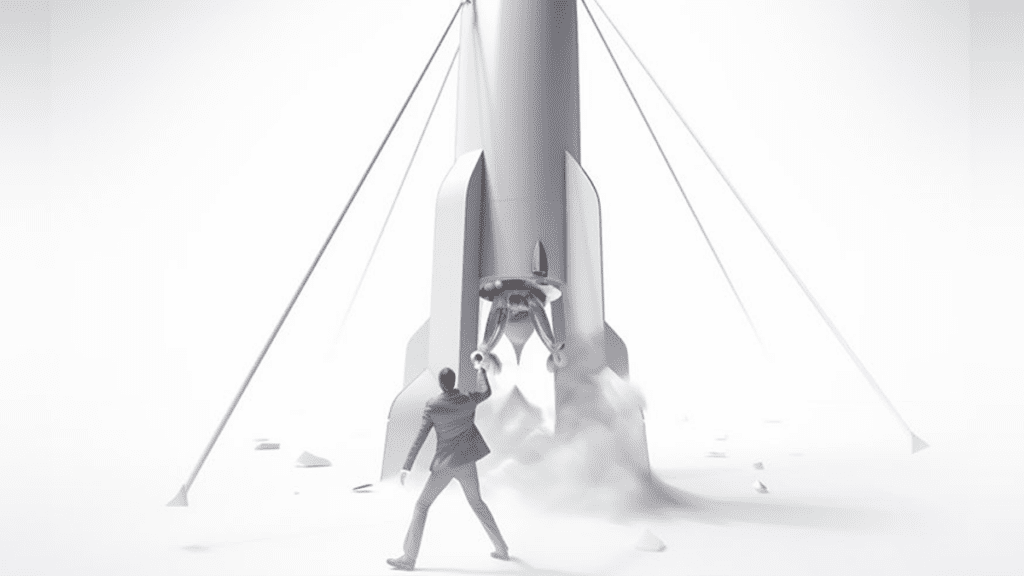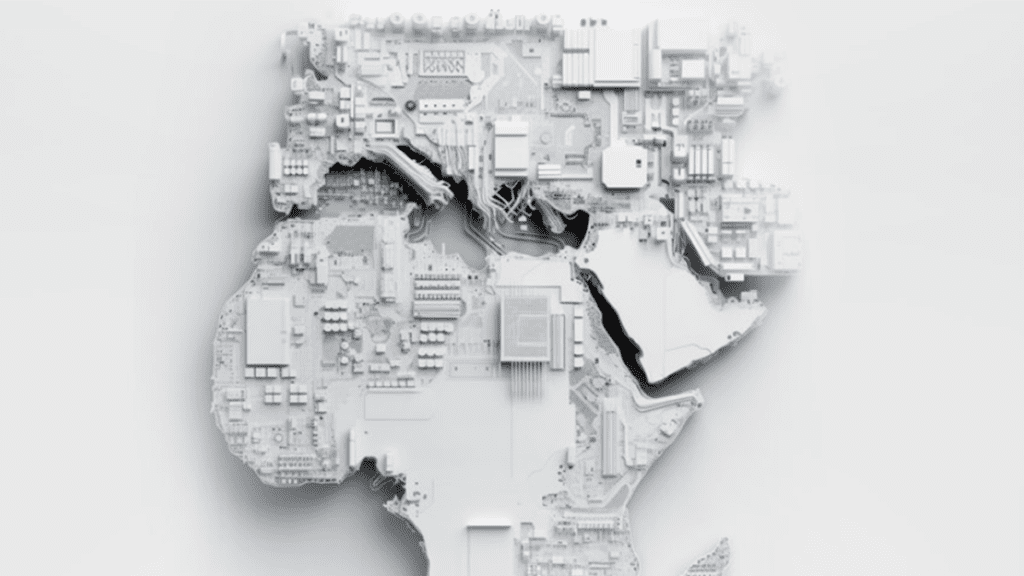Introduction: The Landscape of Possibilities
Innovation has always been the driving force behind human progress. From the invention of the wheel to the development of the internet, each significant advancement has reshaped our world and set the stage for further discoveries. As we stand on the cusp of a new decade, brimming with technological advancements and sociocultural shifts, what can we expect the future to look like through the lens of innovation? This four-part series aims to paint a vivid “Future Picture” based on current trends and speculative insights.


The Influence of Emerging Technologies
Artificial Intelligence: More than Automation
Artificial Intelligence (AI) is at the forefront of many discussions about the future. Often, we hear about AI in the context of automation, replacing human labor in various sectors. However, the scope of AI is far more extensive. In the future, we can expect AI to play an integral role in personalized healthcare, climate modeling, and even in creating more empathetic machines. AI will be the backbone of many services that will cater to individual needs rather than a one-size-fits-all approach.
Virtual and Augmented Reality: A New Digital Landscape
Virtual Reality (VR) and Augmented Reality (AR) are set to redefine human interaction with the digital world. No longer confined to gaming or experimental applications, VR and AR will transform various aspects of our daily lives. Imagine architects walking through a building before it’s built, doctors performing complex surgeries with enhanced vision, or students taking field trips to historical events. The line between the physical and digital worlds will blur, offering a plethora of opportunities and challenges.
The Internet of Things: An Integrated Ecosystem
As we move forward, the idea of isolated, standalone devices will become antiquated. The Internet of Things (IoT) will create an integrated ecosystem where all our devices, from smartphones to household appliances, will be interconnected. This network will lead to smarter homes, more efficient cities, and could play a critical role in environmental conservation efforts.
The Sociocultural Impact of Innovation
The Gig Economy: Redefining Work
The gig economy is already making waves, but as technologies advance, we will see even more drastic shifts in how we define and engage in work. The traditional 9-5 jobs may give way to more flexible, project-based employment. This shift could lead to more autonomy and specialization, but it also brings up questions about job security and benefits.
Education: Lifelong Learning as a Necessity
In a rapidly changing world, the concept of education as a one-time, early life event will become obsolete. Lifelong learning will be essential to keep up with the ever-changing job market and technological landscape. We will likely see a more modular and customizable education system that adapts to each individual’s needs and career paths.
Ethical Considerations in an Innovative Future
Data Privacy: Balancing Convenience and Security
The convenience of a hyper-connected world comes with a price—our data. As more aspects of our lives become digitized, the question of who owns this data and how it is used becomes increasingly important. While blockchain and other secure methods may offer some level of control back to the individual, the tension between data utilization for better services and privacy concerns will continue to be a significant ethical dilemma.
AI Ethics: Machines with Morals?
As AI continues to integrate into multiple facets of society, ethical questions arise about machine autonomy, decision-making, and even potential sentience. The debate extends beyond merely avoiding algorithmic bias to encompass larger questions, such as the role of AI in military applications or its use in social scoring systems. Addressing these concerns is critical to ensure that our innovative future is also an ethical one.
Environmental Sustainability: Tech for the Planet
The technological advancements of the future should aim not only to elevate human life but also to protect the planet. As innovations in renewable energy, waste management, and sustainable agriculture develop, ethical business practices must prioritize environmental impact as much as profitability.
The Future of Key Industries
Healthcare: Personalization and Accessibility
Telehealth is just the tip of the iceberg when it comes to the future of healthcare. With advancements in genomics, AI-driven diagnostics, and remote surgery, healthcare will become more personalized and accessible. However, these changes also require rethinking healthcare infrastructure and possibly even the doctor-patient relationship itself.
Transportation: Beyond Self-Driving Cars
While self-driving cars are a hot topic, the future of transportation extends to far greater horizons. Hyperloop technology, electric planes, and even commercial space travel are on the horizon. This shift will affect not only how we move but also how we conceptualize distance, potentially making the world a much smaller place.
Energy: The Shift to Sustainability
Solar and wind energy are becoming more efficient and less costly, thanks in part to innovations in battery technology and materials science. As the world grapples with climate change, a shift to renewable energy sources is not only expected but essential. This transition will influence geopolitical dynamics, as nations rich in renewable resources gain prominence.
Governance in the Age of Innovation
Decentralization: From Smart Contracts to Direct Democracy
The influence of technologies like blockchain could extend far beyond cryptocurrencies and secure transactions. Imagine a future where governance systems themselves are decentralized. Smart contracts could manage everything from land titles to voting, making processes more transparent and efficient. This shift could even pave the way for more direct forms of democracy, where individuals have a more immediate say in the decisions that affect them.
Surveillance and Control: The Double-Edged Sword
Technological innovation can also empower more authoritarian forms of governance. Facial recognition, big data analytics, and other advanced technologies could lead to unprecedented levels of surveillance. The challenge for future societies will be to find a balance between security and individual freedom, ensuring that technology serves as a tool for empowerment rather than control.
Global Governance: The Rise of Supranational Entities
As issues like climate change and cyber threats increasingly disregard national borders, there’s a growing need for supranational governance structures. While the United Nations and other similar organizations exist, their roles might have to evolve to be more authoritative to tackle global challenges effectively.
Lifestyle and Culture: Living in an Innovative World
Hyper-Personalization: Catering to the Individual
From customized health plans to AI-curated entertainment, the future will focus on the individual like never before. The catch is, this level of personalization will rely on vast amounts of data, reiterating the importance of ethical data management.
Virtual Societies: New Forms of Community
As virtual and augmented reality technologies mature, the line between physical and digital communities will blur. We may spend as much time socializing, working, or even protesting in virtual spaces as we do in physical ones. How these interactions are governed and what impact they have on our sense of community and identity are questions that will gain prominence.
The Human-Machine Relationship: A New Social Contract
As machines become more capable and possibly even sentient, our relationship with them will have to evolve. This could result in new forms of social contracts where machines have specified rights and responsibilities, affecting everything from labor markets to ethical considerations.
Preparing for the Future: Strategies and Approaches
Upskilling and Reskilling: The Key to Future Employment
Given the pace at which technology is advancing, the need for upskilling and reskilling will be more pressing than ever. Organizations should focus on continuous learning programs and adaptability as core skills. On a societal level, educational systems will need to pivot towards teaching how to learn, adapt, and solve complex problems, rather than focusing solely on traditional subject matter.
Regulatory Agility: Keeping Up with Change
As technology evolves, so must our laws and regulations. It’s crucial for governance structures to be agile and capable of adapting to new challenges quickly. This doesn’t mean compromising on due diligence but rather creating a framework that can rapidly assess and integrate innovations responsibly.
Emotional Intelligence: The Human Element
While it’s easy to get caught up in the technological aspects of the future, emotional intelligence will be a critical skill. As machines take over more logical tasks, the uniquely human traits of empathy, creativity, and moral judgment will become increasingly valuable. Fostering these qualities will be vital both in personal development and in broader educational and organizational contexts.
Conclusion: Assembling the Future Picture
As we come to the end of this four-part series, it’s clear that innovation will be the main character in the story of our future. This isn’t a linear narrative but a dynamic, multi-faceted landscape that encompasses technology, ethics, industry transformations, governance changes, and lifestyle shifts.
While the possibilities are endless, so are the challenges. Balancing technological progress with ethical considerations, adapting existing industries to new paradigms, and preparing ourselves and our governance structures for change are just a few of the tasks that lie ahead.
The “Future Picture” we’ve painted is complex and still forming. However, it serves as a compass, guiding us through the myriad decisions and changes we’ll face in the coming years. What remains constant is the need for proactive engagement with innovation, thoughtful planning, and a deep, empathetic understanding of the human condition.
As we step into this promising yet uncertain future, the key to navigating it successfully will be our willingness to adapt, learn, and above all, innovate. The canvas is vast, and the paint is still wet; now is the time to be bold in our strokes as we contribute to this unfolding masterpiece.
Thank you for joining us on this exploratory journey. The future is not a destination but a path, and armed with the insights from this series, you’re better equipped to traverse it.



